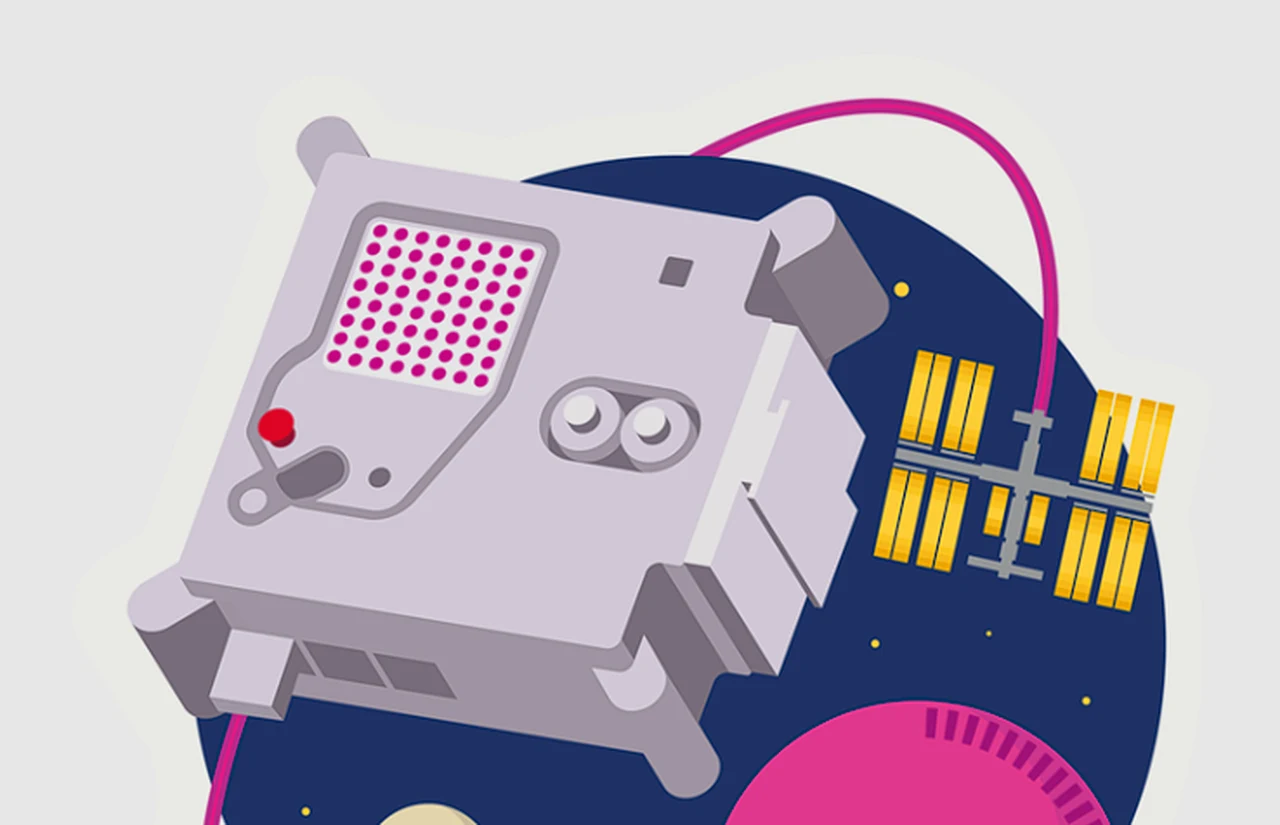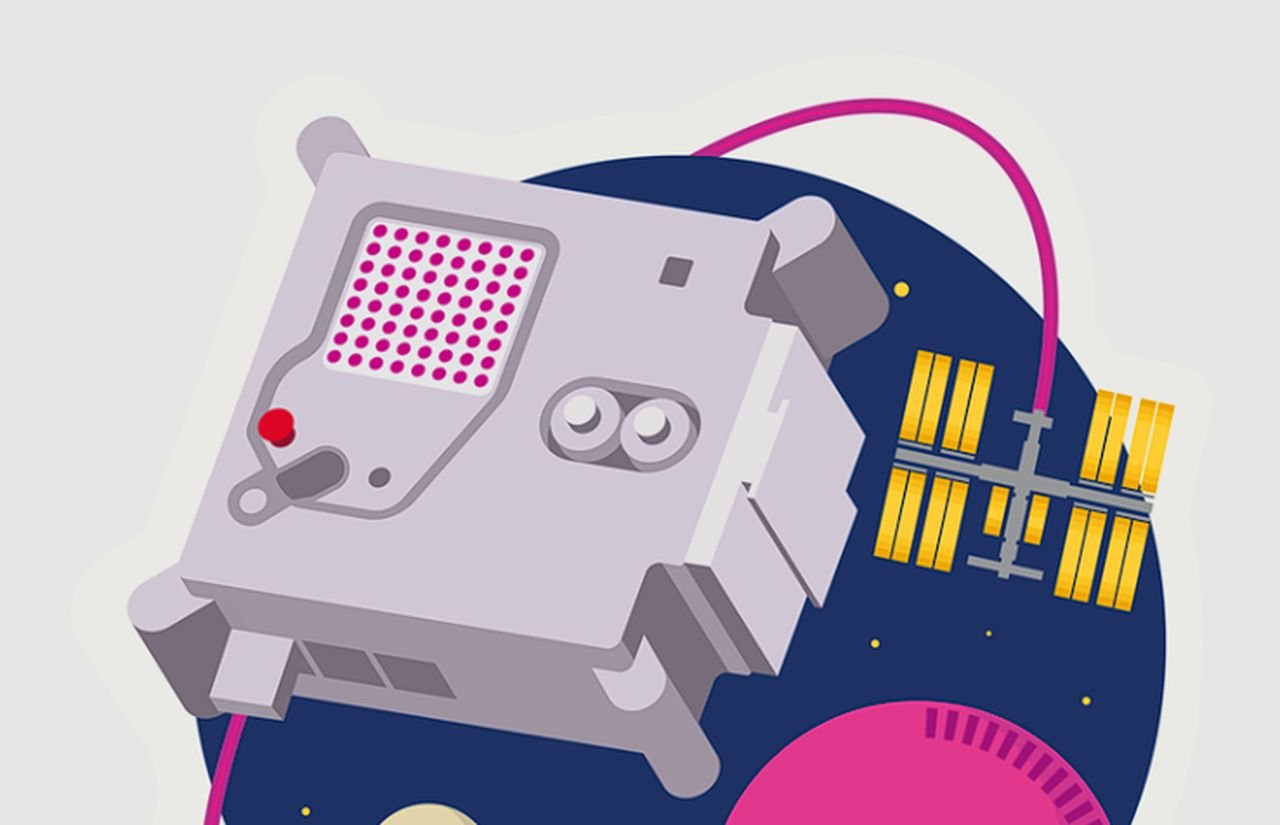
The Raspberry Pi Foundation has announced a new simulation tool, Astro Pi Replay, to support participants in the European Astro Pi Challenge 2023/24, specifically for the Mission Space Lab. This educational project, run in collaboration with the European Space Agency (ESA), allows young people up to 19 years old to write programs that operate on the International Space Station (ISS).
The challenge is divided into two missions: Mission Zero for beginners and Mission Space Lab for more experienced coders. This year’s Mission Space Lab includes a new format and resources, with a specific scientific task for teams to calculate the speed of the ISS using Python programming and onboard sensors.
Imagine having the chance to write a computer program that will run in space. That’s exactly what young coders are doing with the help of the Raspberry Pi Foundation and the European Space Agency (ESA). These organizations have come together to create the initiative, which builds on the success of the European Astro Pi Challenge. This program is not just another coding competition; it’s an opportunity for young people up to 19 years old to make a real impact on the operations of the International Space Station (ISS).
Your Mission if you would like to accept it!
The Astro Pi Challenge has been a beacon for young minds interested in space science, offering a hands-on experience that goes beyond the classroom. By participating, students can contribute directly to the research and activities conducted on the ISS. The challenge is divided into two missions: Mission Zero, which is designed for beginners, and Mission Space Lab, which is tailored for more advanced coders. For those who are ready to take on a significant scientific challenge, Mission Space Lab in the 2023/24 cycle presents a unique task. Participants will use the Python programming language and the sensors aboard the ISS to calculate the orbital speed of the station. This task is not just about writing code; it’s about applying problem-solving skills to a real-world scenario in an extraordinary setting.
Astro Pi Replay is the latest tool introduced to help participants perfect their code. This simulation tool is a game-changer for preparation, as it allows students to test and refine their programs under conditions that closely mimic those on the ISS. The goal is to ensure that the code will perform without a hitch when it’s finally deployed in space.
Astro Pi Replay
To support the participants in their journey, the Raspberry Pi Foundation and ESA have provided a wealth of resources. These include guides for mentors and creators, as well as a focused ISS speed project guide that helps students approach their scientific task methodically. Additionally, virtual sessions are available, offering expert support and insights to help students navigate the challenges they may face.
One of the most exciting aspects of Astro Pi Replay is that it will be open source. This means that the code and the tools used in the project will be available for anyone to see, use, and learn from. It also allows the community to contribute to the project, fostering a collaborative environment where innovation thrives. This open-source approach is about more than just transparency; it’s about building a network of young innovators who are committed to advancing space science education.
The Astro Pi Challenge, with its new simulation tool and comprehensive support resources, is an invitation to explore the boundaries of coding and space science. As participants write code that will operate in the unique environment of space, they become part of a legacy of educational excellence and discovery. This is a call to all young coders to prepare, test, and set their sights high. The mission to code for space is underway, and it promises to be an unforgettable adventure.
Filed Under: Technology News, Top News
Latest timeswonderful Deals
Disclosure: Some of our articles include affiliate links. If you buy something through one of these links, timeswonderful may earn an affiliate commission. Learn about our Disclosure Policy.

